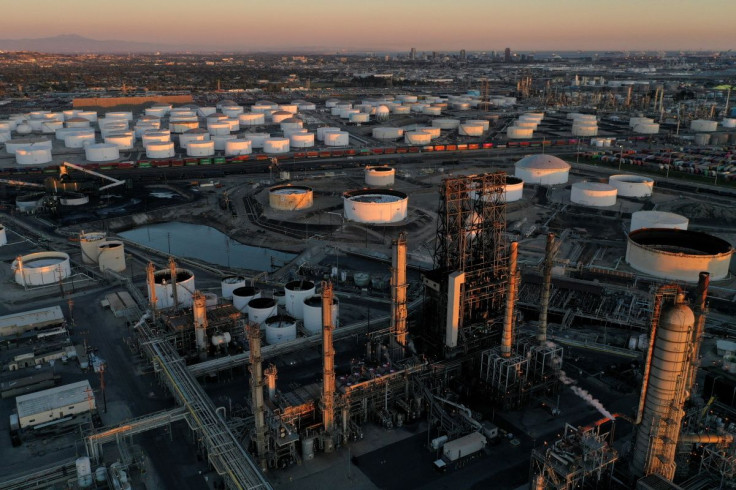Brent Oil Falls As Recession Fears Increase Fuel Demand Concerns

Brent oil prices dipped on Tuesday, reversing earlier gains of $1, as concerns of a possible global recession curtailing fuel demand outweighed supply disruption fears, highlighted by a potential production cut in Norway.
Brent crude futures for September settlement fell by 60 cents, or 0.5%, to $112.89 a barrel by 0638 GMT.
U.S. West Texas Intermediate crude climbed $1.13, or 1.1%, to $109.58 a barrel, from Friday's close.
There was no settlement for WTI on Monday because of the Independence Day public holiday in the United States.
"Oil is still struggling to break out from its current recessionary malaise as the market pivots away from inflation to economic despair," Stephen Innes of SPI Asset Management said in a note.
Investors are becoming more concerned about demand amid a broad tightening in global financial conditions as the U.S. Federal Reserve fights rampant inflation with rapid interest rate increases.
Australia's central bank on Tuesday raised interest rates for a third month and flagged more ahead as it struggles to contain surging inflation even at the risk of triggering an economic downturn.
In South Korea, inflation in June hit a near 24-year high, adding to concerns of slowing economic growth and oil demand.
Still, oil prices have found support from supply concerns stemming from Western sanctions on shipments from Russia over the Ukraine conflict, worries about the ability of major Middle Eastern producers to increase output and now labor disputes in Norway.
On Tuesday, Norwegian offshore workers began a strike that will reduce oil and gas output, the union leading the industrial action told Reuters.
The strike is expected to reduce oil and gas output by 89,000 barrels of oil equivalent per day (boepd), of which gas output makes up 27,500 boepd, Norwegian producer Equinor has said.
Oil output will be cut by as much as 130,000 barrels per day from Wednesday, the country's oil and gas association forecast on Sunday. That would equal about 6.5% of Norway's production, according to a Reuters calculation.
Warren Patterson, head of Commodity Strategy from ING, wrote in a note that "While there are demand concerns given the gloomier macro outlook, the market is still expected to be tight for the remainder of the year".
© Copyright Thomson Reuters 2024. All rights reserved.




















